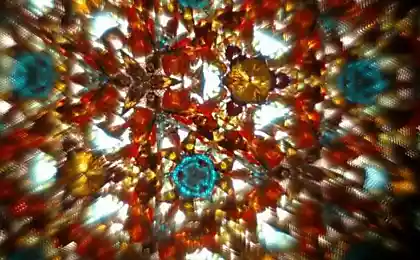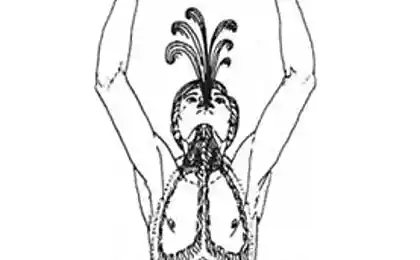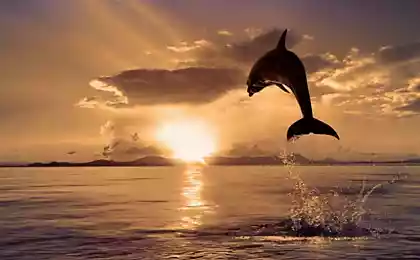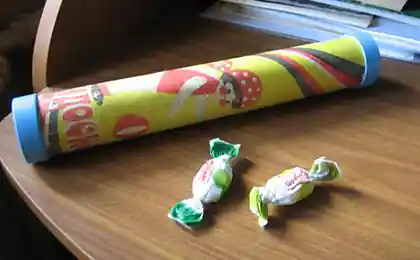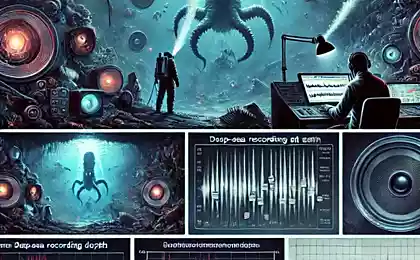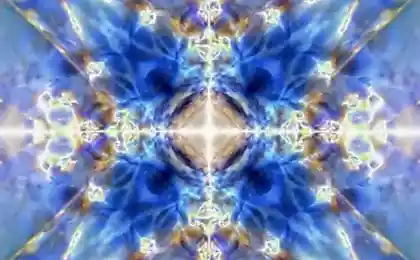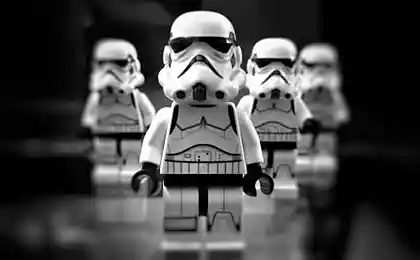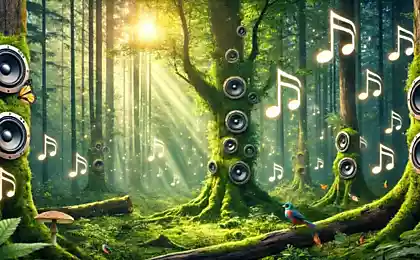824
A kaleidoscope of sounds
Scientist Mark Fischer decided to translate the songs of whales and dolphins, so long enchants many different scientists in the world of sound in the picture. With the help of visual bursts, he created a kaleidoscope of colors, which we suggest you look.
14 ph via BigPicture
1. These pictures seem pretty simple uzorchikami, but in fact it is the visual representation of a song of whales and dolphins. (SPL / BARCROFT MEDIA)
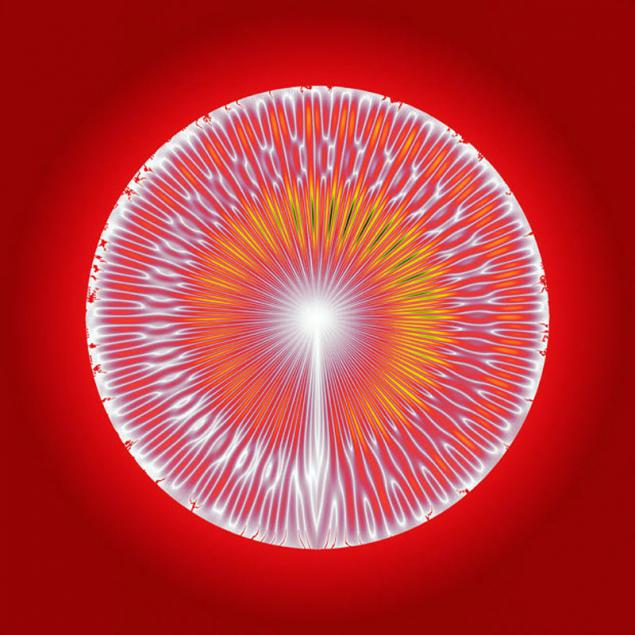
2. The sounds were recorded by American engineer Mark Fisher and translated into a visual image using a mathematical tool called a splash. (SPL / BARCROFT MEDIA)
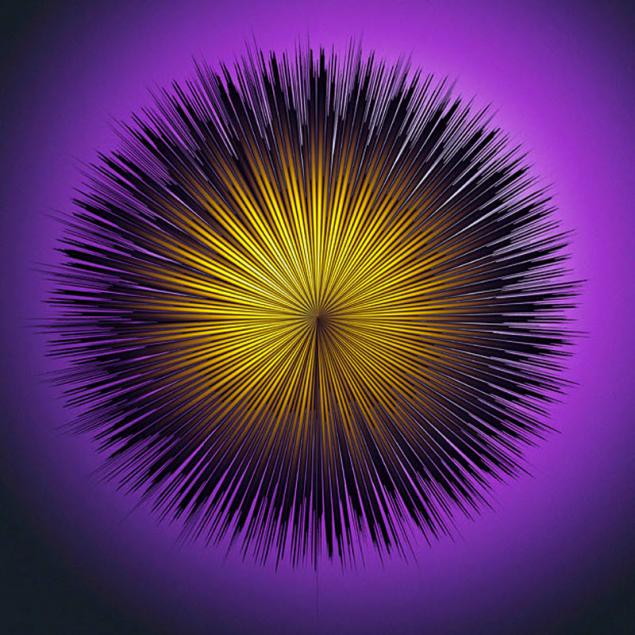
3. Mark worked for United States Navy, but now he writes underwater conversations between the whales and dolphins and translates these waves into art. (SPL / BARCROFT MEDIA)
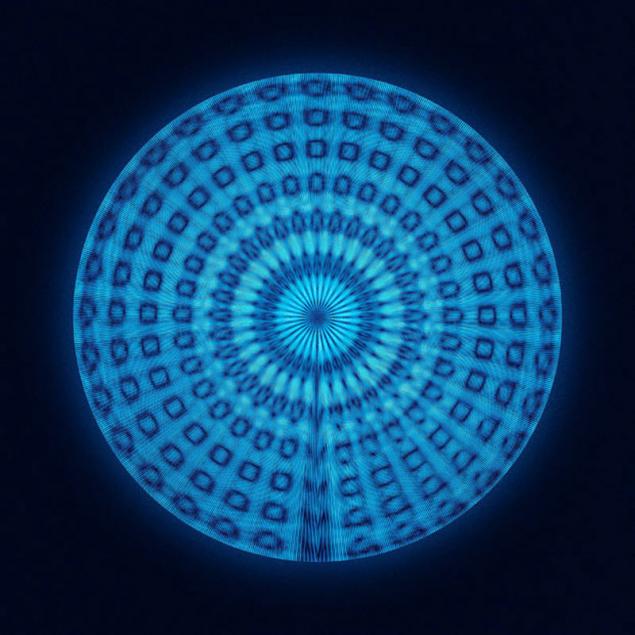
4. Then Mark used means of mathematics called bursts, which create these bizarre structure. (SPL / BARCROFT MEDIA)
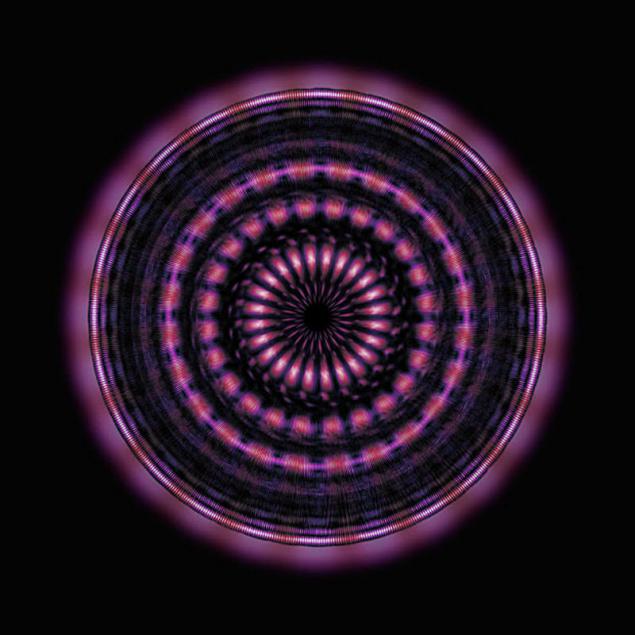
5. "In the spectrogram, you will see a spot just bored with multiple harmonics," - he said ... (SPL / BARCROFT MEDIA)
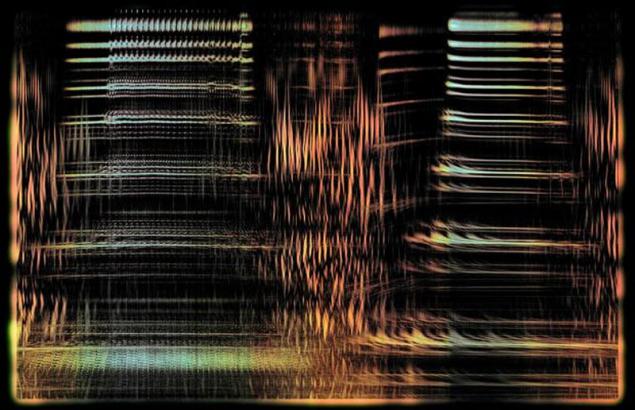
6. "However, with splashes you see an unusual structure. With this sound something happened, although we are not sure. " (SPL / BARCROFT MEDIA)
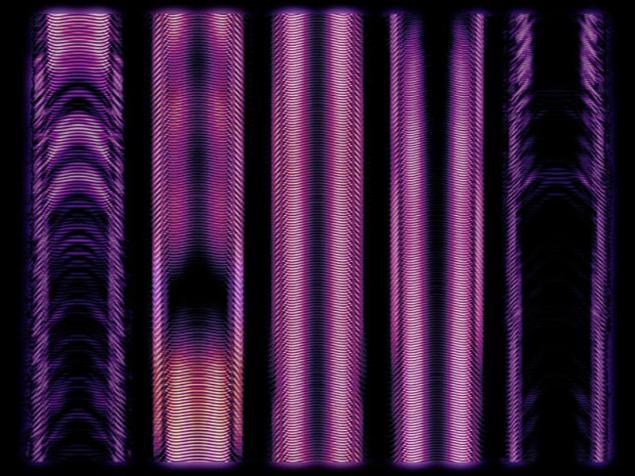
7. The effect is even more obvious when there is color and graphics, translated from rectangular to polar coordinates, forming a circular graph. (SPL / BARCROFT MEDIA)
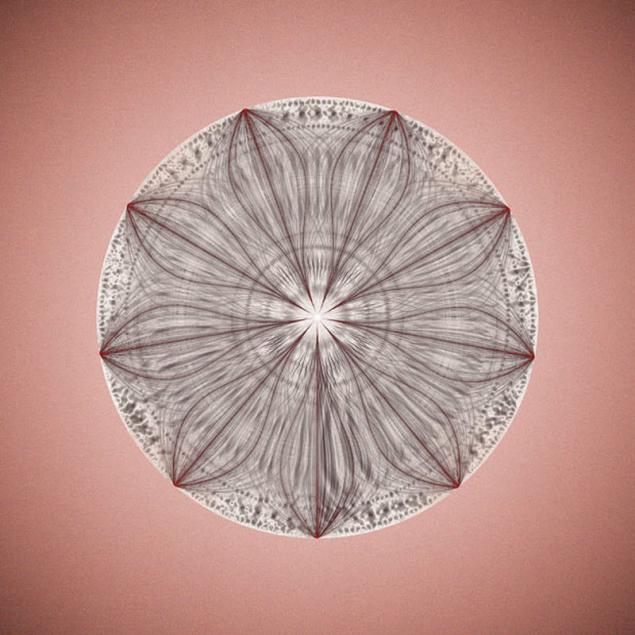
8. Frequency of white-beaked dolphin. (SPL / BARCROFT MEDIA)
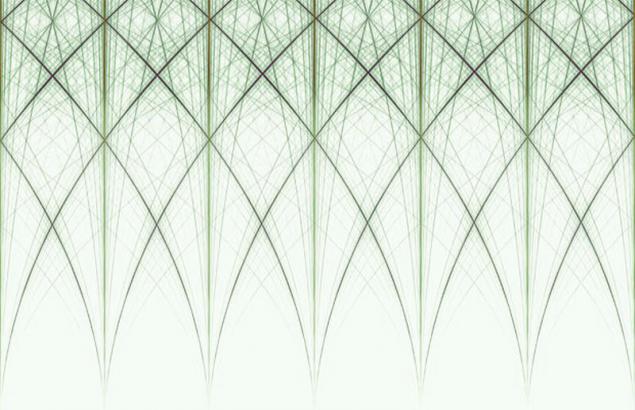
9. The frequencies of white-beaked dolphin. (SPL / BARCROFT MEDIA)
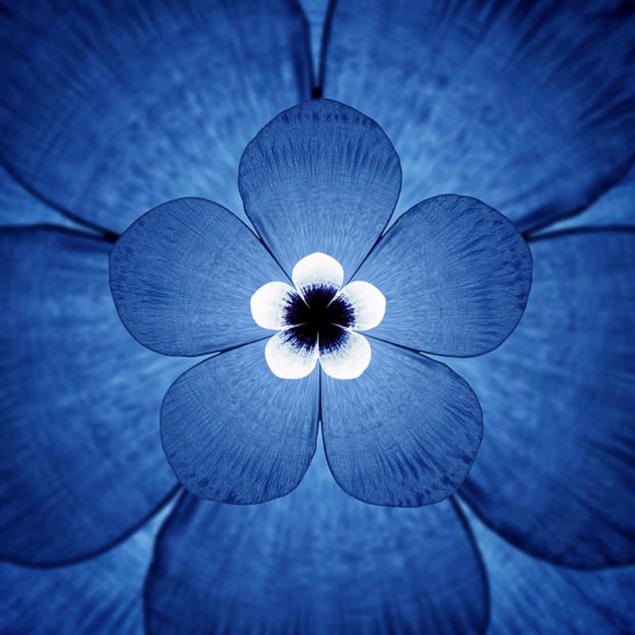
10. The Sound of small whales in visual bursts. (SPL / BARCROFT MEDIA)
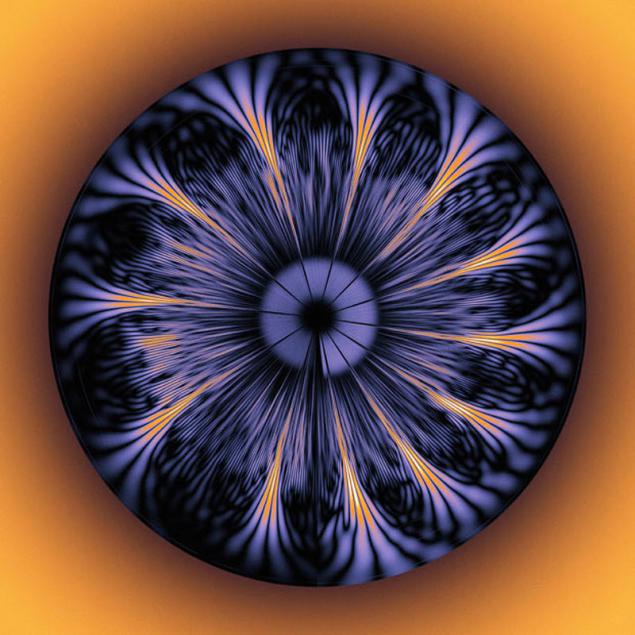
11. Spotted Stenella a visual splash. (SPL / BARCROFT MEDIA)
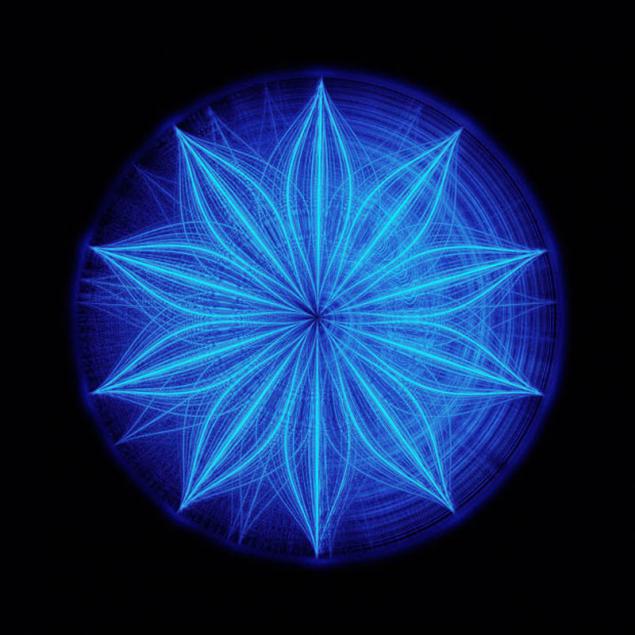
12. Spotted Stenella a visual splash. (SPL / BARCROFT MEDIA)
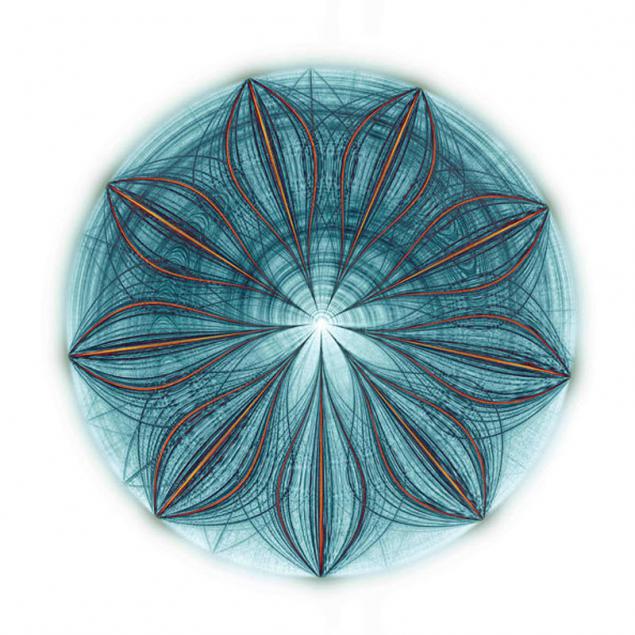
13. Song of minke whales in the visual bursts. (SPL / BARCROFT MEDIA)
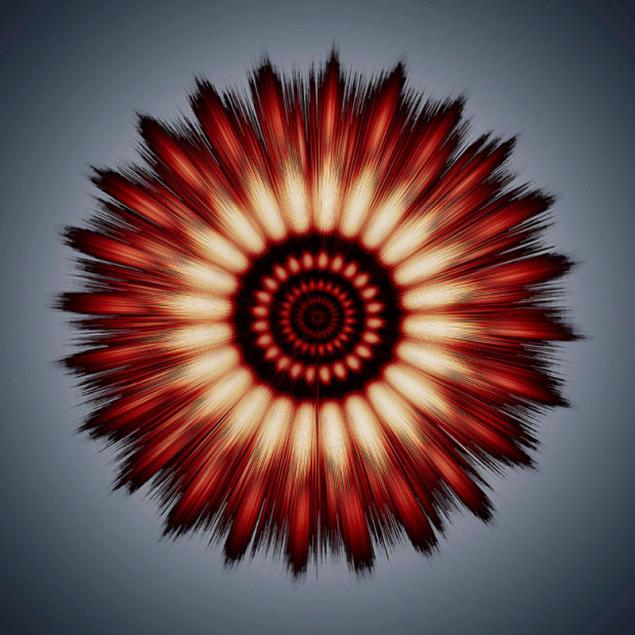
14. Recent studies show that the songs of humpback whales are different "local dialects" and contain complex grammar rules, showing a higher level of communication than previously thought. (SPL / BARCROFT MEDIA)
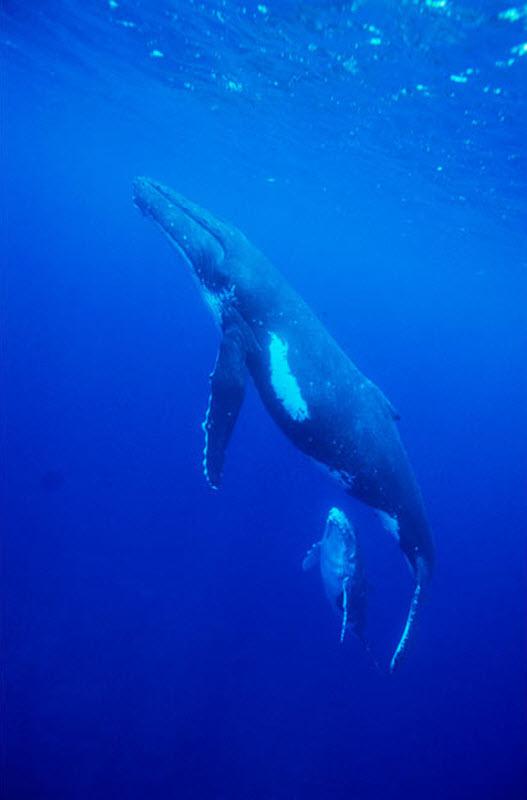
Source:
14 ph via BigPicture
1. These pictures seem pretty simple uzorchikami, but in fact it is the visual representation of a song of whales and dolphins. (SPL / BARCROFT MEDIA)

2. The sounds were recorded by American engineer Mark Fisher and translated into a visual image using a mathematical tool called a splash. (SPL / BARCROFT MEDIA)

3. Mark worked for United States Navy, but now he writes underwater conversations between the whales and dolphins and translates these waves into art. (SPL / BARCROFT MEDIA)

4. Then Mark used means of mathematics called bursts, which create these bizarre structure. (SPL / BARCROFT MEDIA)

5. "In the spectrogram, you will see a spot just bored with multiple harmonics," - he said ... (SPL / BARCROFT MEDIA)

6. "However, with splashes you see an unusual structure. With this sound something happened, although we are not sure. " (SPL / BARCROFT MEDIA)

7. The effect is even more obvious when there is color and graphics, translated from rectangular to polar coordinates, forming a circular graph. (SPL / BARCROFT MEDIA)

8. Frequency of white-beaked dolphin. (SPL / BARCROFT MEDIA)

9. The frequencies of white-beaked dolphin. (SPL / BARCROFT MEDIA)

10. The Sound of small whales in visual bursts. (SPL / BARCROFT MEDIA)

11. Spotted Stenella a visual splash. (SPL / BARCROFT MEDIA)

12. Spotted Stenella a visual splash. (SPL / BARCROFT MEDIA)

13. Song of minke whales in the visual bursts. (SPL / BARCROFT MEDIA)

14. Recent studies show that the songs of humpback whales are different "local dialects" and contain complex grammar rules, showing a higher level of communication than previously thought. (SPL / BARCROFT MEDIA)

Source:
